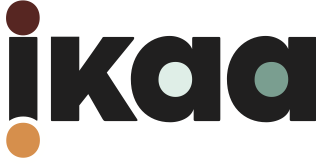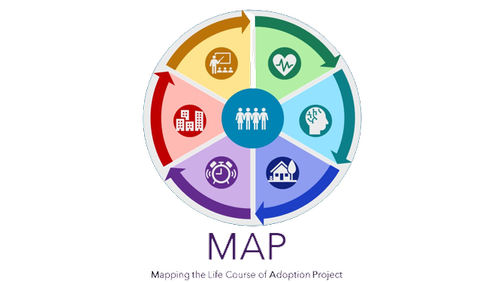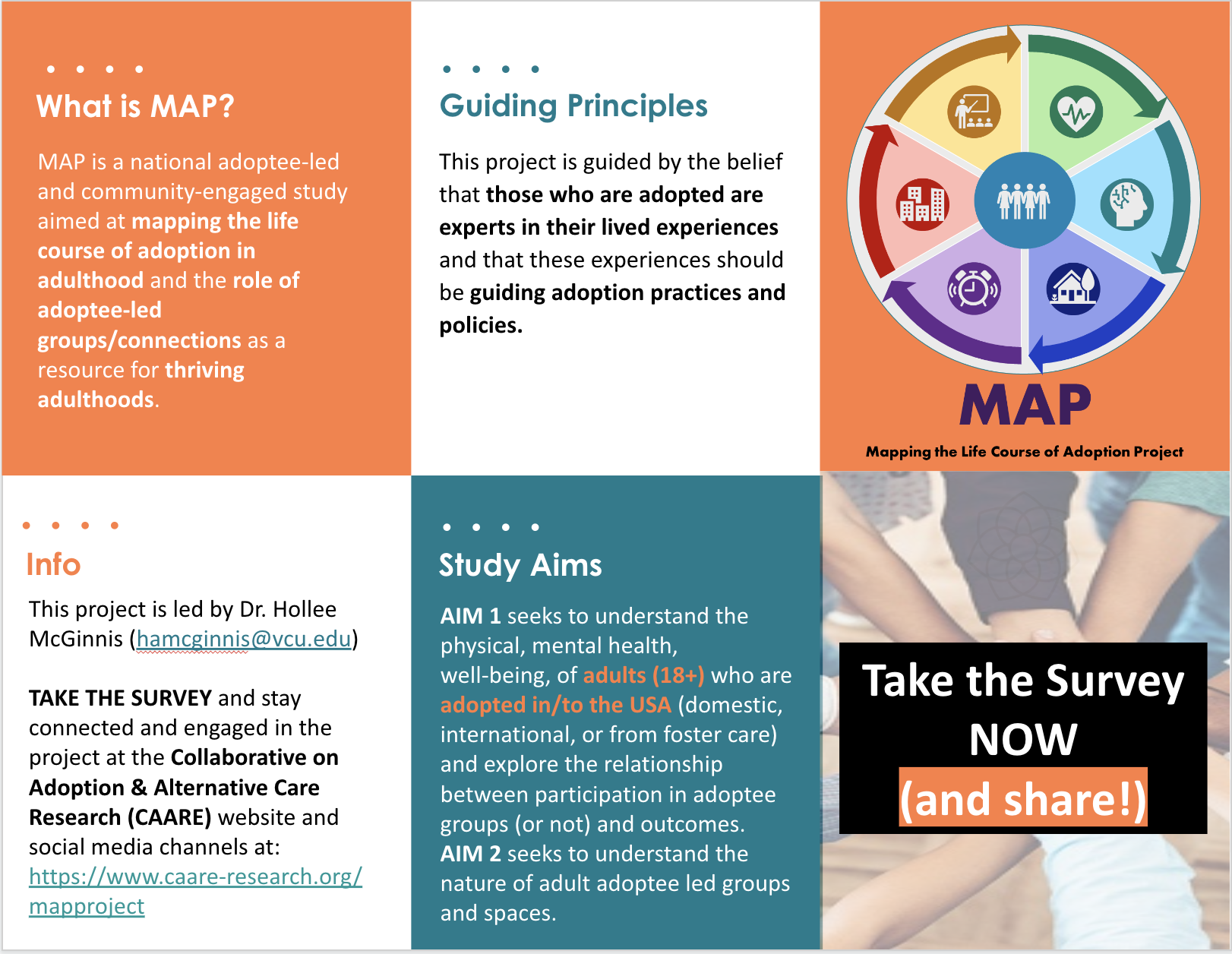Dear friends and fellow adoptees ~~ hello!
My name is Dr. Hollee McGinnis and I am a very excited to share with you the launch of this adoptee-led and community-engaged project: Mapping the Life Course of Adoption Project: Health, Well-being and Adoptee Connections in Adulthood.
As a person who was adopted from South Korea and raised in a transracial adoptive family, this project is near and dear to me because it brings together my skills as a scholar to benefit my community. First, I had the amazing opportunity to benefit from building a community of adoptees in 1996 when I founded the adoptee group Also-Known-As, Inc. in New York City over 25 years ago. Second, in January of 2020 I was diagnosed with breast cancer at the age of 48, and within a 5 year window, about half of my close Korean adoptee girlfriends were also diagnosed with breast cancer in their 40s.. As a scholar, I had to go to the research, because I wanted to know how many of us were affected by chronic diseases, and were these connected at all to our early childhood experiences? Research on adverse childhood experiences conducted in the 1990s would suggest we adoptees may be more at risk for adult health problems — or not. The truth is, we don’t know. The research on adoption has largely focused on how adoptees adjust through our childhoods and adolescence, but not later in life ~~ and certainly not in our 40s, 50s, 60s and beyond. Adoption professionals all agree that adoption is life long — and no one knows this better than adoptees. And yet, our collective knowledge about the life course of adoption does not exist. This is what the MAP project is seeking to change.
This survey is just a beginning of setting an agenda of collaboration and co-creation of knowledge and wisdom by and for adoptees about our lived experiences. I have worked with adoptee groups and other adoptee scholars to develop the survey which seeks to give a snapshot of how we adoptees are aging: our physical health, mental health, identity, and well-being — as well as questions to understand what we do in adoptee groups and spaces and how being connected to adoptees in our adulthoods affect us. Research is a tool of power. Research can never replace the rich individual lived experiences of our lives into a single statistic. And yet, when we can say something about our collective experiences we can use that to get funding, to create programs, and just know more about our experiences. That is why I want to leverage the power of research to benefit adoptees. It is my hope that study findings will be used to create resources for adoptees so we can have thriving adulthoods. Be used by adoptee organizers to help them develop programs for the community. It also means this is not a project where you won’t ever learn what was learned from it. It means this project is embedded in the community. That is why I created this website — caare-research.org — as a home for dialogue, to invite you to join me in making meaning of study findings, and to identify new questions to ask about our lived experiences. I especially want to hear from adoptees who might not identify being connected to an adoptee community and the voices of adoptees who are older. So if you know an adoptee in the United States who is 18 or older, please forward this project to them! I thank you in advance for the time you are offering to complete this survey and be counted. I look forward to connecting with you as this project continues to evolve in the months ahead and welcome your input and questions!
Hollee A. McGinnis, PhD, MSW



